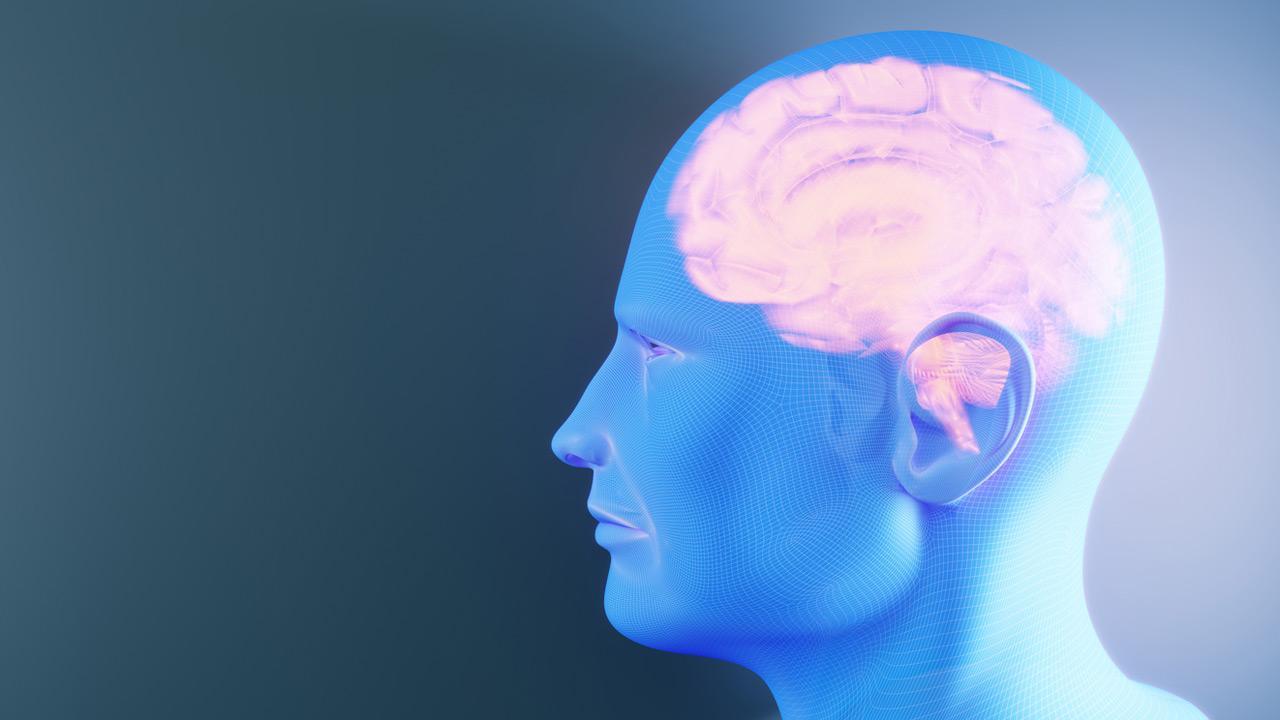Yogita K. Adlakha, a recipient of INSPIRE Faculty fellowship instituted by the Department of Science and Technology (DST), has achieved this feat, the DST said on Wednesday

Representation pic. Pic/iStock
An Indian scientist has developed human-based models to study neuron development and neuro-developmental disorders such as autism which can help design treatment strategies for such brain disorders. Yogita K. Adlakha, a recipient of INSPIRE Faculty fellowship instituted by the Department of Science and Technology (DST), has achieved this feat, the DST said on Wednesday. INSPIRE -- that stands for Innovation in Science Pursuit for Inspired Research Programme -- is a scheme by the DST for attracting talent towards science.
ADVERTISEMENT
Since decades, animal models have been used to understand brain-related disorders, and the drugs which function in animal models have failed in clinical trials, therefore Adlakha filled this gap by generating human-based stem cell model to understand brain development and dysfunction at the National Brain Research Centre, Manesar, Haryana. At present, she works as a scientist at the Translational Health Science and Technology Institute, NCR Bio-cluster, Faridabad.
Also read: Scientists develop AI model to detect gravitational waves
"The dearth of human models has led to a lack of knowledge of the pathophysiology of such disorders, an essential requirement for designing their treatment strategies," the DST said. Yogita filled this gap and developed a human-based model that could help study how brain develops, particularly the neurons, and what goes awry during brain development leading to cognitive decline, impairment in language, and social interaction. Along with her group, she derived induced pluripotent stem cells (iPSCs) from human peripheral blood and differentiated them into neural stem cells (NSCs).
Since levels of microRNA-137 are less in neuro-developmental disorders such as ASD and ID, her study demonstrates crucial roles of this miRNA during human NSC fate determination with an elaboration of underlying molecular mechanisms. This study was published in the journal "STEM CELLS" recently. "My research using DST INSPIRE fund has definitely contributed to expanding the knowledge of neuron development and neuro-developmental disorders such as autism and the role of small non-coding miRNA in brain-specific stem cells fate," Adlakha added.
Along with her research group, she established a protocol from India for the first time by generating and producing iPSCs from human peripheral blood. They have further refined the protocol of differentiation of iPSCs into brain-specific stem cells that is, NSCs. Her group has contributed immensely towards understanding the role of microRNA in the neural stem cell fate, which revealed how certain small non-coding RNAs called microRNA, which do not form protein but regulate expression of other genes, can enhance differentiation of neural stem cells into neurons. Her research has contributed to expanding the knowledge of neuron development and the role of small non-coding miRNA in brain-specific stem cells fate, thereby changing the face of neuroscience and stem cells.
This story has been sourced from a third party syndicated feed, agencies. Mid-day accepts no responsibility or liability for its dependability, trustworthiness, reliability and data of the text. Mid-day management/mid-day.com reserves the sole right to alter, delete or remove (without notice) the content in its absolute discretion for any reason whatsoever
 Subscribe today by clicking the link and stay updated with the latest news!" Click here!
Subscribe today by clicking the link and stay updated with the latest news!" Click here!






